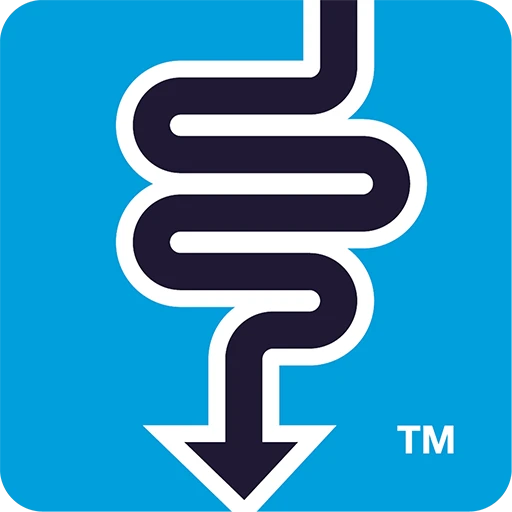 |
|
| Rating: 4.3 | Downloads: 100,000+ |
| Category: Medical | Offer by: Monash University Low FODMAP diet team |
The Monash University FODMAP diet app is a specialized tool designed for individuals managing IBS or digestive sensitivities. Developed in collaboration with Monash University researchers, this application provides accurate, science-backed FODMAP information and helps users create personalized elimination and reintroduction meal plans. It’s primarily for people diagnosed with IBS or other conditions that benefit from low-FODMAP dietary management.
This app offers practical value by translating complex nutritional science into accessible tools. Its main appeal lies in simplifying the intricate process of FODMAP elimination and tracking—something the creators learned directly from user feedback. The Monash University FODMAP diet approach remains evidence-based, helping users identify triggers and maintain gut health effectively.
App Features
- Comprehensive Food Database: Access thousands of Monash University-approved low-FODMAP foods with detailed breakdowns. For example, if you’re eating a pear, the app shows its FODMAP content is safe during the first two weeks, unlike other varieties. This eliminates guesswork when dining out or grocery shopping.
- Customizable Meal Planning: The algorithm intelligently generates shopping lists and recipes based on your dietary needs, including low-carb or high-protein options. Technical terms like “carbohydrate cross-reactivity” aren’t just jargon—they ensure your meals stay within your tolerance limits. This feature saves hours typically spent researching ingredients.
- Food Intolerance Tracker: Log symptoms alongside specific meals to visually identify problematic foods. For instance, if you experience bloating after eating cabbage, the app correlates this pattern with your FODMAP triggers. Selective tracking emphasizes trends that help you adjust your long-term diet plan.
- Reintroduction Phases: The app guides you systematically through reintroducing high-FODMAP foods without reintroducing your gut microbiome’s imbalances. It breaks down complex scientific principles into practical steps—when to eat, what to record. This makes the challenging scientific process more digestible.
- Scientifically-Verified Content: All information sources directly reference Monash University publications. The app’s flexibility allows modifications based on different research guidelines, ensuring compatibility with evolving dietary science. Whether you’re a beginner or experienced, the app adapts to your learning pace.
- Symptom Journaling: Record daily feelings alongside your meals to identify patterns. The app’s unique feature is using machine learning to suggest correlations you might miss—connecting symptoms like gas with specific FODMAP groups over time.
Pros & Cons
Pros:
- Precise Food Information
- Evidence-Based Approach
- User-Friendly Tracking Interface
- Customizable Dietary Plans
Cons:
- Premium Features Subscription Required
- Database Not Exhaustive for All Diets
- Initial Setup Takes Time
- Limited Social Sharing Capabilities
Similar Apps
| App Name | Highlights |
|---|---|
| IBS Food Tracker |
This app offers fast processing, intuitive design, and wide compatibility. Known for custom workflows and multi-language support. |
| DietSense Pro |
Designed for simplicity and mobile-first usability. Includes guided steps and real-time previews. |
| FODMAP Navigator |
Offers AI-powered automation, advanced export options, and collaboration tools ideal for teams. |
Frequently Asked Questions
Q: How often should I update my Monash University FODMAP diet plan?
A: It’s recommended to reassess your needs every six months. The app allows easy template modifications based on changing health goals or research findings.
Q: Does the app support different dietary preferences alongside FODMAP tracking?
A: Yes, you can filter foods based on vegan/vegetarian requirements while maintaining the app’s Monash-based FODMAP integrity.
Q: Can I access the Monash University FODMAP diet data offline?
A: The core database syncs automatically, but you can enable offline mode for basic food lookups while traveling.
Q: Are the app’s recommendations medically supervised?
A: The app complements—not replaces—doctor consultations. Monash research emphasizes this tool as a supportive resource.
Q: What happens if new scientific findings contradict the current database?
A: The Monash team updates the app promptly, with version logs clearly noting changes to FODMAP classifications.
Screenshots
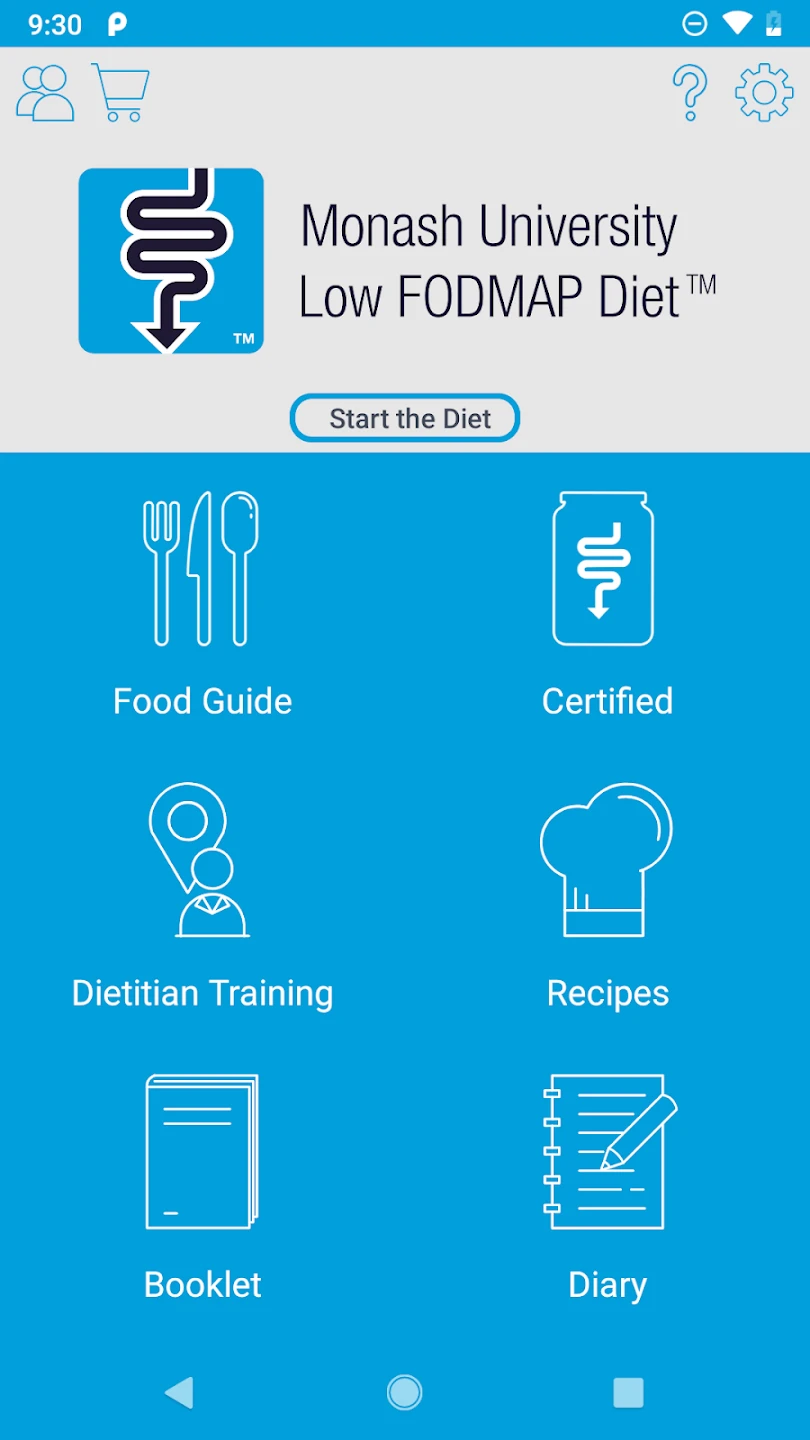 |
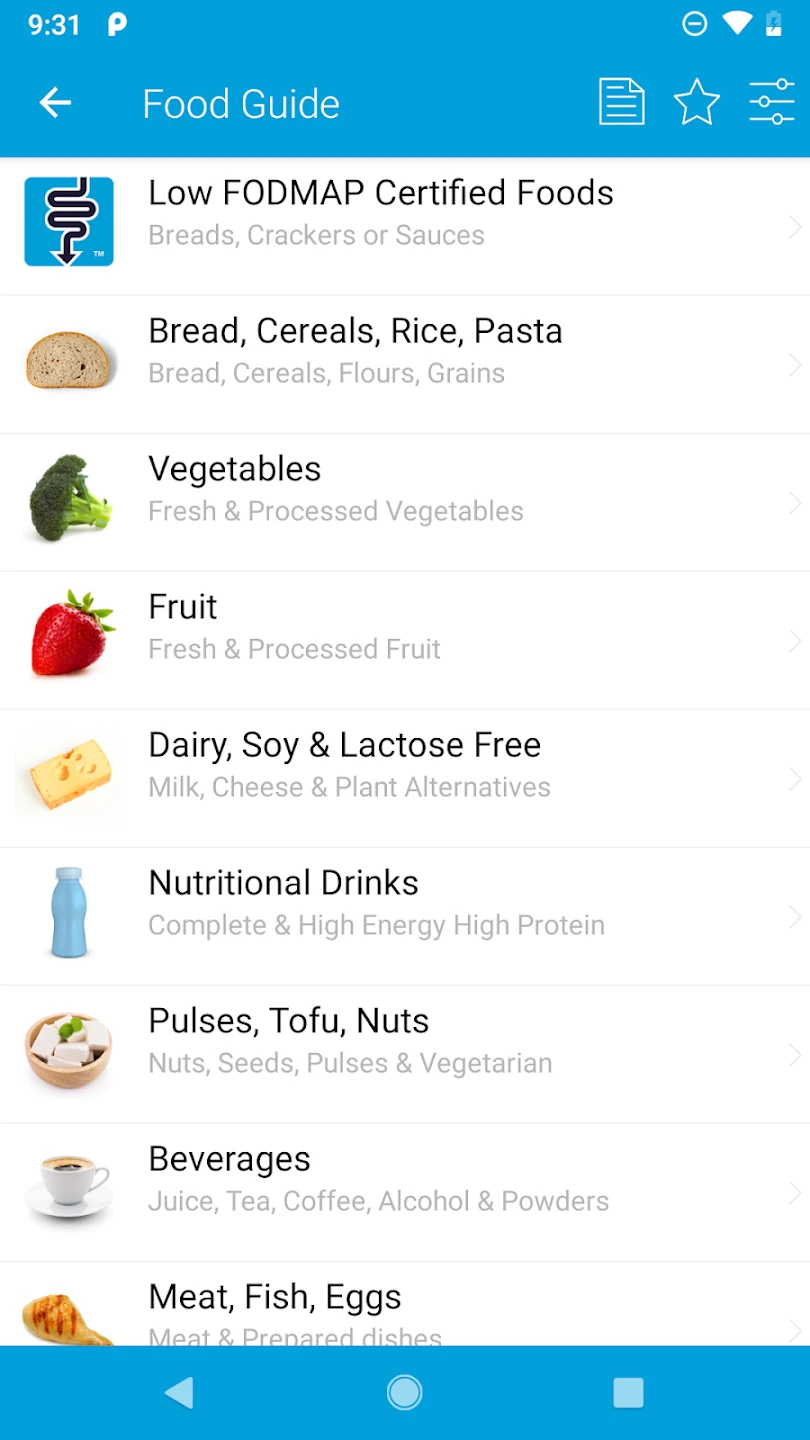 |
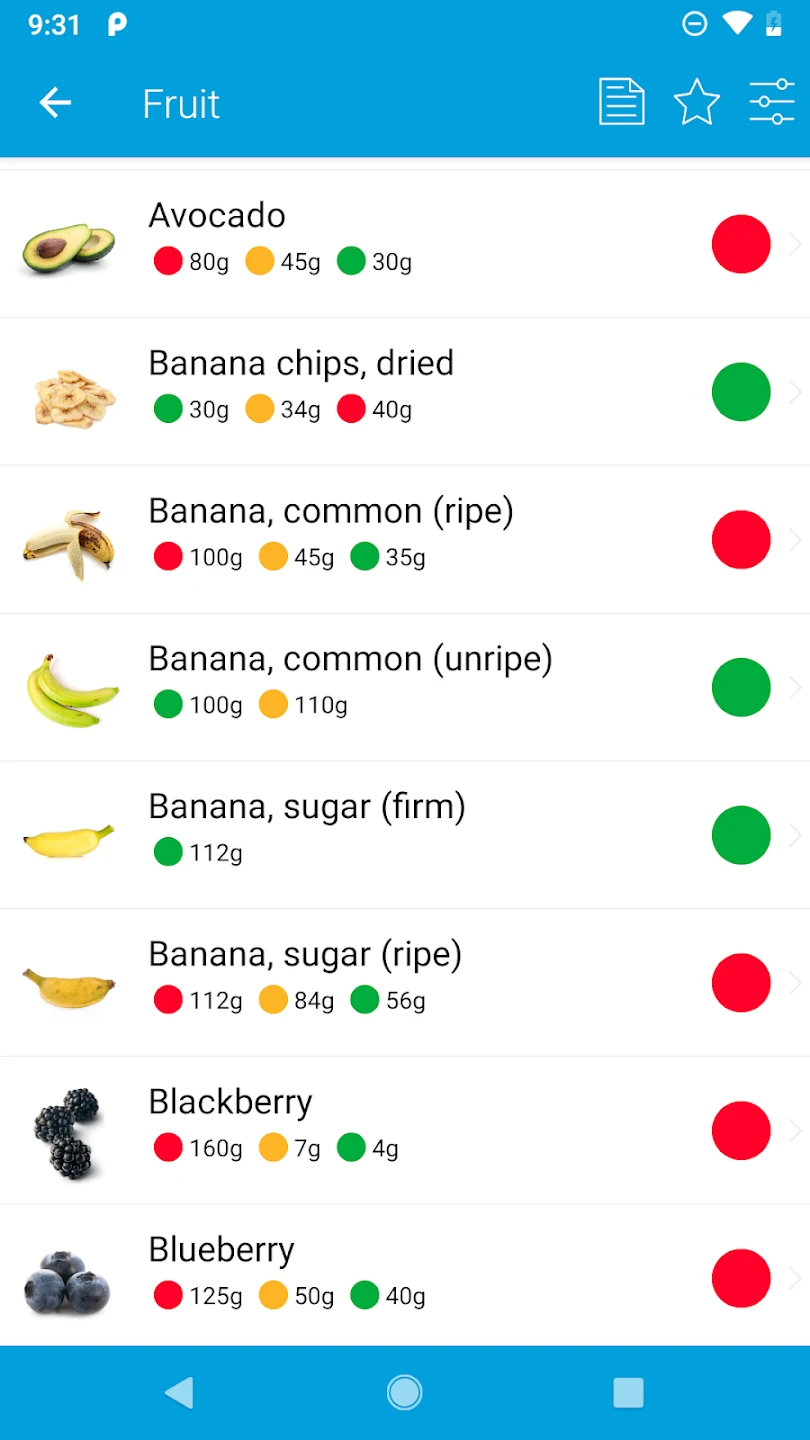 |
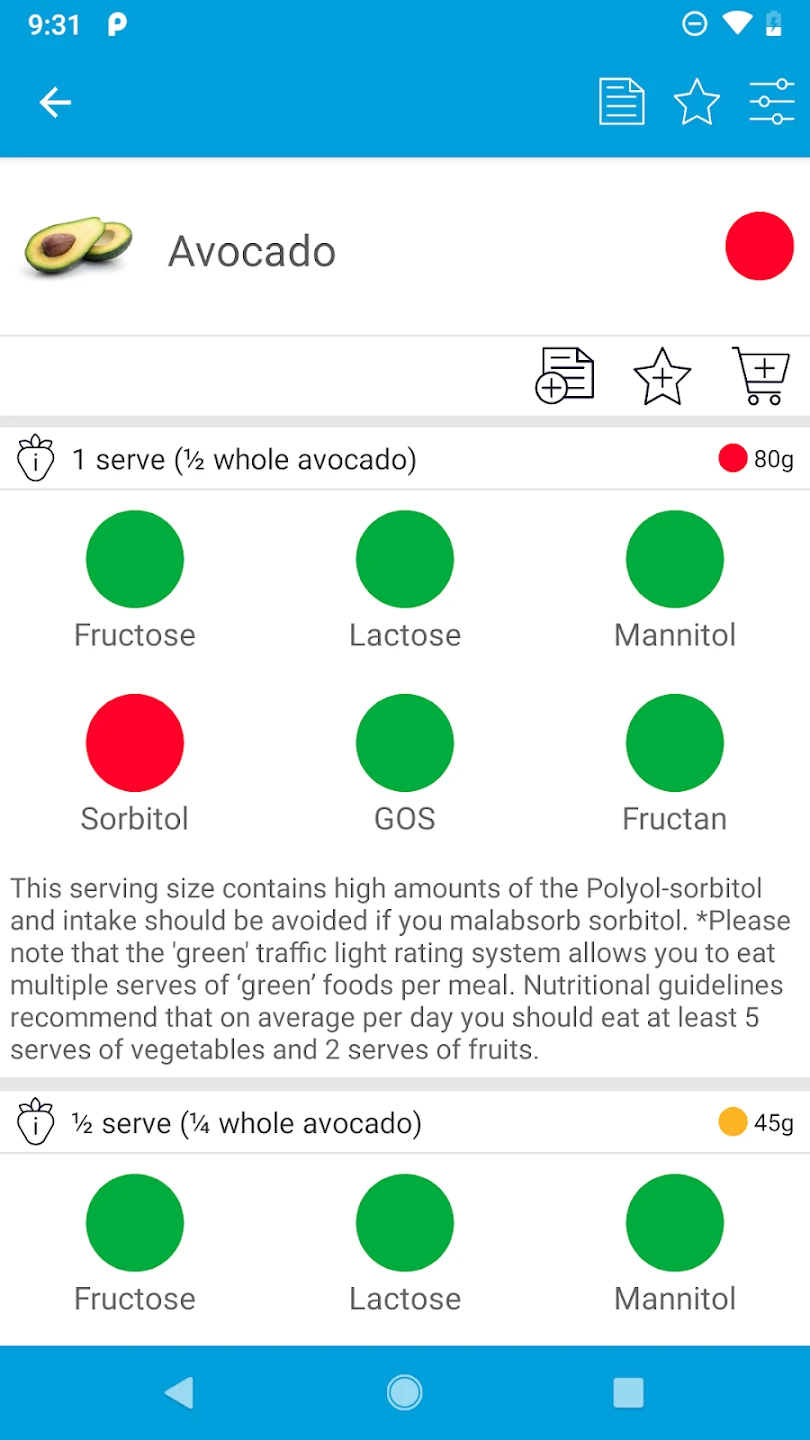 |






